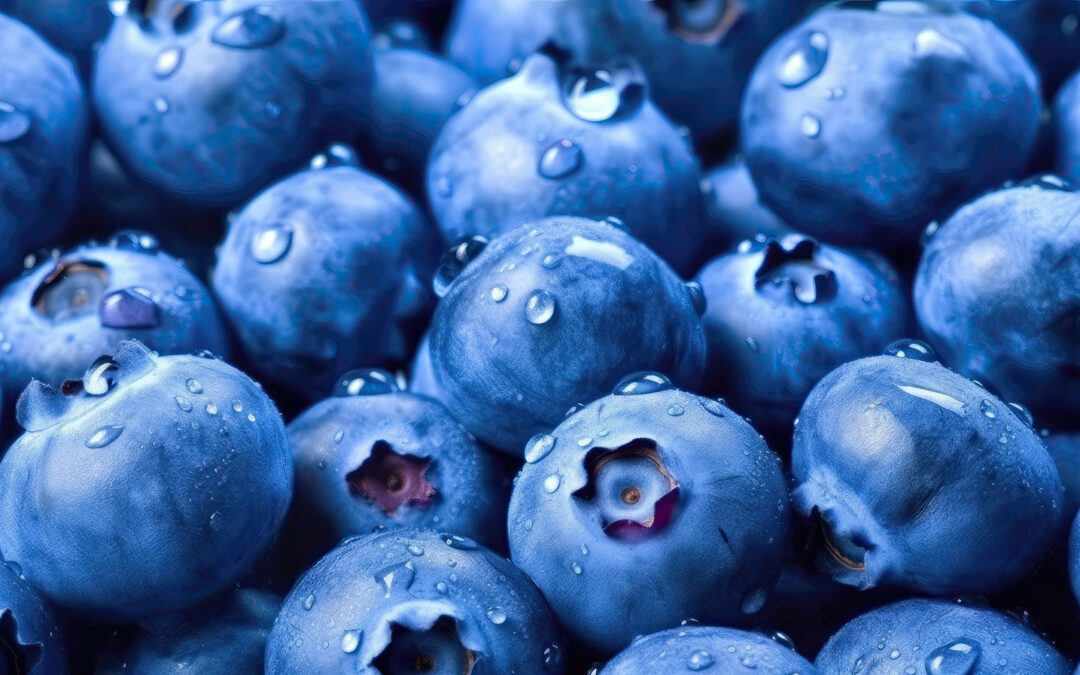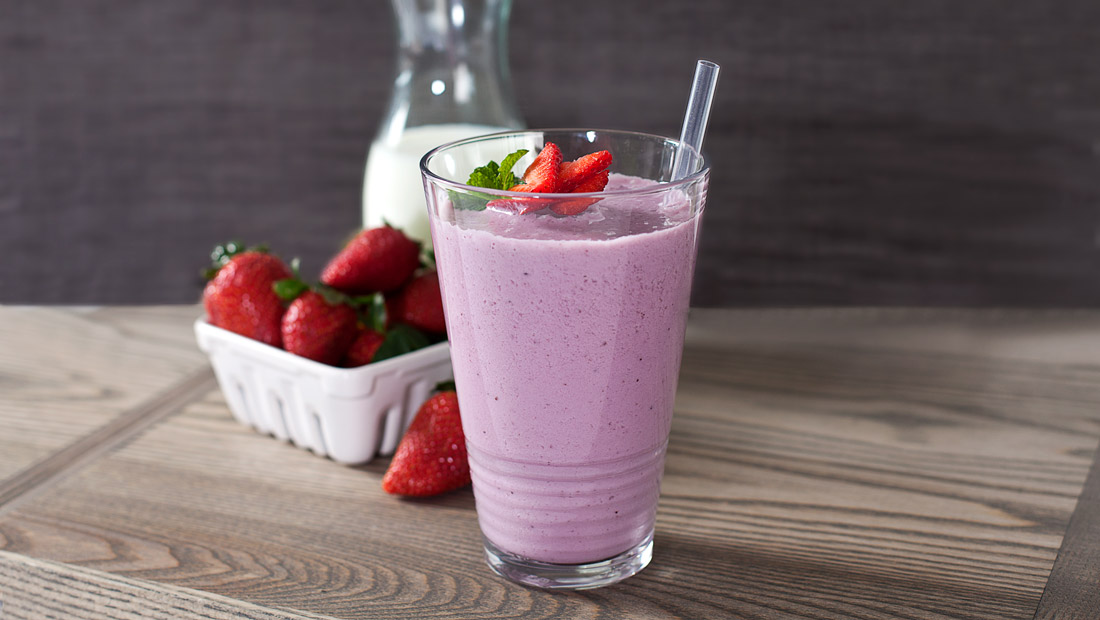Nutrition

The Powerful Health Benefits of Blueberries
Blueberries are a nutrient-dense fruit, often referred to as a "superfood" due to their high levels of vitamins, minerals, and antioxidants. A single cup of fresh blueberries provides significant...

Health Benefits of Raspberries: Antioxidants, Fiber and Nutrients
Raspberries are not only delicious but also incredibly nutritious, making them a top choice for boosting overall health. Packed with 8 grams of dietary fiber per cup, these berries support digestive...
Related Links

Strawberry Good Smoothie
Place all ingredients in a blender and puree until smooth. Garnish with sliced strawberries and a mint sprig, if desired.

Citrus Halibut & Summer Strawberry Relish
In a bowl combine strawberries, shallot, almonds, olive oil, parsley, chives, lemon juice, lemon zest and salt and pepper. Set aside.
